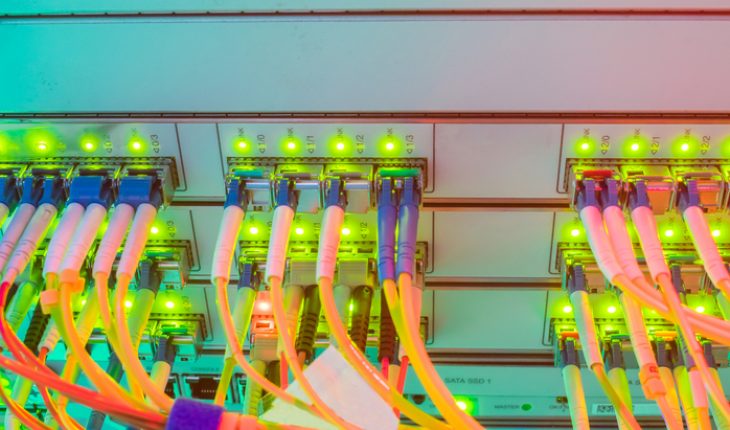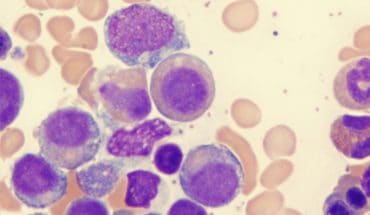On World Cancer Day it is important that we raise awareness of this serious illness and consider the impact of alternative models of care on cancer survivors.
Our research, published in the Journal of Medical Internet Research, found that cancer survivors wanted to get back to their daily lives as quickly as possible, telehealth helped facilitate this as it removed the often burdensome visits to hospital and enabled the integration of care into daily routines.
For many cancer survivors, telehealth supported their independence and offered them reassurance. However it is all down to personal preference, as some cancer survivors still preferred traditional methods of care.
We are now living in a digital world and it is important that our care models take advantage of this in order to meet increased demands on the National Health Service. Involving a range of cancer survivors in the design of telehealth interventions is essential to their success.’
This study was the first ever systematic review of cancer survivors’ experience of online and telephone telehealth interventions in cancer care.
Advances in cancer care have led to a rise in the number of people surviving the illness. Cancer survival rates are now at an all-time high with 2.5 million cancers survivors in the United Kingdom, a number which is set to rise to 4 million by 2030.
To manage increasing demand on cancer services in the NHS, healthcare providers are encouraging people to play an active role in managing their care. The telehealth system is one way this can be achieved, using technology to provide remote personalised health care to patients which allows the exchange of data and communication between patients and healthcare professionals. Telehealth services allow patients to have meetings and follow up consultations either on the phone or through online services at a time that suits them.
Cancer survivors who had used telehealth reported their appreciation of the flexibility and convenience of the programme which enabled them to engage with healthcare providers with minimum disruption to their lives and in a comfortable, familiar environment.
The research also found that the invisibility and perceived anonymity that telehealth provided reduced cancer survivors’ sense of vulnerability and in some cases enabled them to raise concerns remotely that they would not have wanted to discuss face-to-face.
There were some aspects of telehealth that cancer survivors liked less. For example, some survivors viewed telehealth as an impersonal service which did not allow them to meet their healthcare team in person. Other survivors were unable to engage with the service due to particular personal circumstances such as hearing issues (in a telephone-based intervention), or lack of computer literacy skills (in computer-based studies).
- Telehealth for cancer survivors? - 4th March 2017
- Cancer survivors rate telehealth - 5th February 2017








Great article! Telehealth has certainly been a game-changer in healthcare. However, I’m curious to know if there are any specific challenges or limitations that cancer survivors might face when accessing telehealth services.